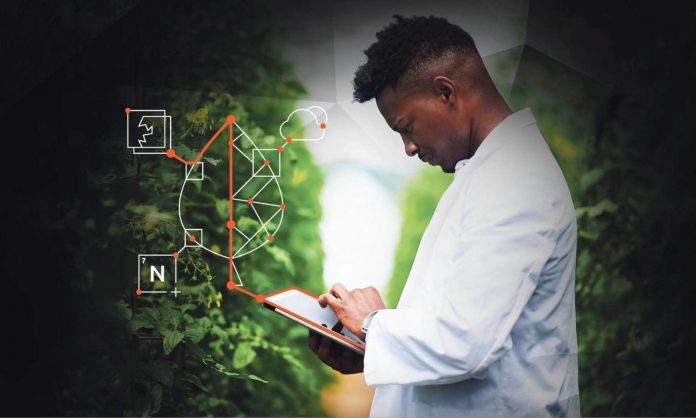Johannesburg – “I certainly don’t think the knowledge that we have now will sustain us in 10 to 20 years’ time,” says Eugene Ndlovu.
“Everything is changing so quickly. We need to continue to reskill ourselves if we are going to remain competitive during the Fourth Industrial Revolution (4IR) and the industrial revolutions to come.”
Eugene is a third-year Business Information Technology student at the University of Johannesburg (UJ) and a member of the university’s Technopreneurship Centre.
It seeks to provide the digital training necessary to equip students with critical 4IR skills – skills they can use to ideate and innovate, and to come up with practical solutions to real-life problems.
“The Technopreneurship Centre isn’t only for IT students, but everyone who is willing to contribute positively to the centre,” says Ronny Mabokela, a lecturer in the Department of Applied Information Systems and the centre’s head. “It’s completely interdisciplinary. The students who use it come from departments as far afield as marketing and education, and are mentored by leading academic and industry experts.” The centre actively fosters collaboration and, in this way, helps students to develop disruptive and effective solutions they might not have considered without the help of their peers.
Winning awards at Hacklab 2021
In April 2021, two teams from the Technopreneurship Centre competed in an international virtual hackathon in Ghana and walked away with the top awards. Team Technopreneurs won the Best Artificial Intelligence (AI) Solution in Big Data award.
The event, Hacklab 2021, is the largest hackathon in West Africa, and was attended by over 1,000 participants, including developers, designers, entrepreneurs, policymakers, industry partners and other technology stakeholders. This year’s theme was focused on leveraging AI to drive digital transformation in Africa.
Also read: The time for teaching and learning in AR, VR and XR
Empowering farmers
The Technopreneurs focused their work on Ghana’s agriculture sector. “Ghana is the world’s second largest producer of cocoa, after its neighbour, Côte d’Ivoire,” says Eugene. “But while they’re similar in size and are affected by the same climate conditions, Côte d’Ivoire produces almost two and a half times the volume of cocoa. We wanted to know: What are the factors affecting cocoa production in Ghana?”
The major problems, the team’s research showed, centred on the prevalence of pests and diseases, and on farmers’ lack of awareness on how to deal with these issues effectively. “We realised that we needed to create a solution that makes important information available to farmers quickly and easily,” Eugene adds.
The result was an AI and internet of things model that identifies crop leaves and their deficiencies, such as a lack of nitrogen and potassium, and works with a sensor to analyse climatic conditions. Through an application programming interface that the team designed, all of this information can now be sent to farmers’ mobile devices, enabling them to make informed decisions in real time.
Africa’s agricultural sector is critical to the continent’s economic growth. With 4IR innovations fuelling its success, a brighter future is possible. Visit www.uj.ac.za/4IR for more 4IR in Action stories.
Follow @SundayWorldZA on Twitter and @sundayworldza on Instagram, or like our Facebook Page, Sunday World, by clicking here for the latest breaking news in South Africa. To Subscribe to Sunday World, click here.
Sunday World



